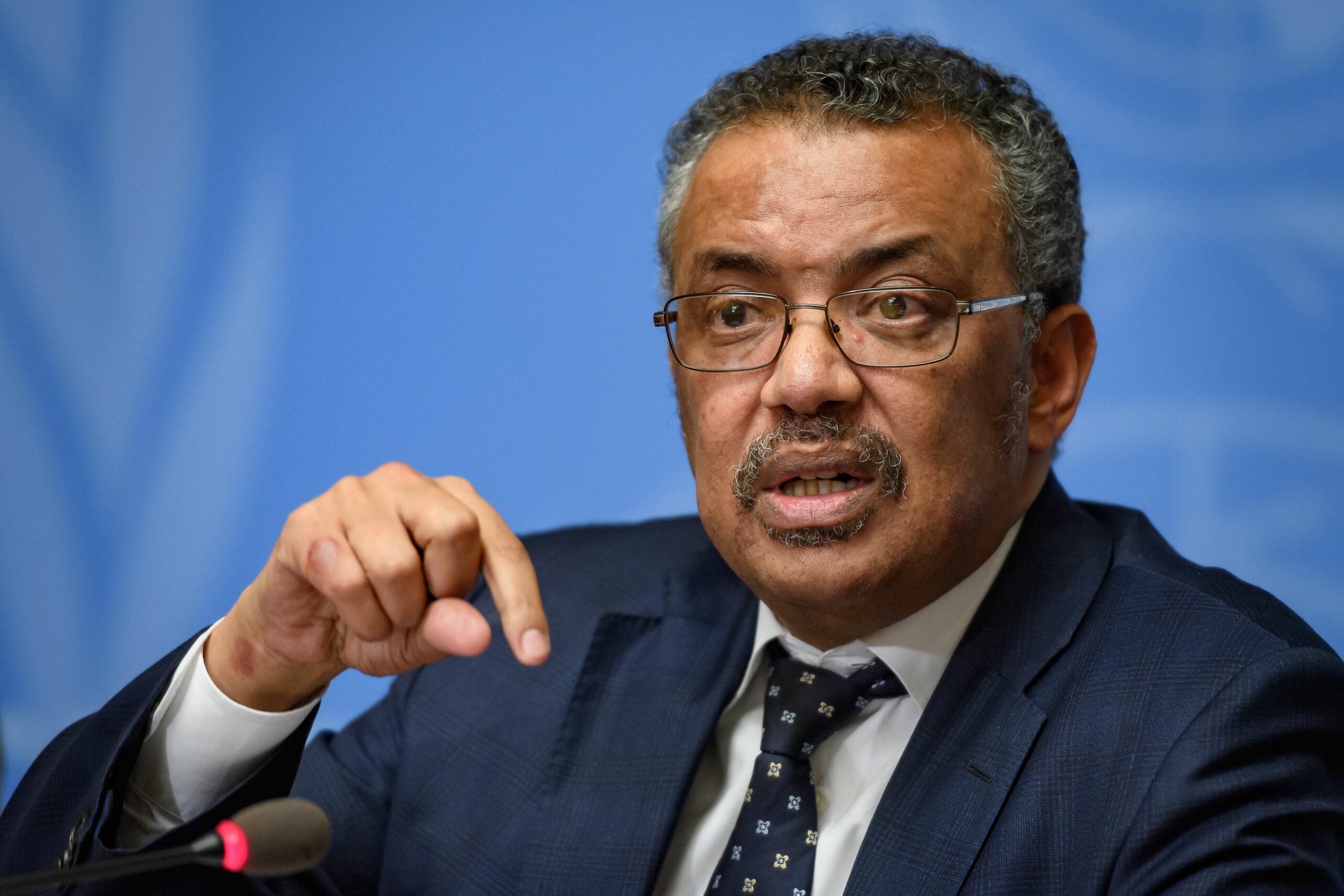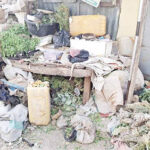The World Health Organisation (WHO) has published updated guidance on the use of masks for control of COVID-19.
The Director-General of WHO, Dr Tedros Ghebreyesus, said this at a news conference at WHO headquarters in Geneva on Friday.
Ghebreyesus said that the guidance was based on evolving evidence and provided updated advice on who should wear a mask, when it should be worn and what it should be made of.
“WHO has developed this guidance through a careful review of all available evidence, and extensive consultation with international experts and civil society groups.
“I wish to be very clear that the guidance we are publishing today is an update of what we have been saying for months: that masks should only ever be used as part of a comprehensive strategy in the fight against COVID-19.
“Masks on their own will not protect you from COVID-19,’’ he said.
According to him, the following have not changed in the guidance.
“WHO continues to recommend that people who are sick with symptoms of COVID-19 should remain at home and should consult their health care provider.
“People confirmed to have COVID-19 should be isolated and cared for in a health facility and their contacts should be quarantined.
“If it is absolutely necessary for a sick person or a contact to leave the house, they should wear a medical mask.
“WHO continues to advise that people caring for an infected person at home should wear a medical mask while they are in the same room as the sick person.
“And WHO continues to advise that health workers use medical masks and other protective equipment when dealing with suspected or confirmed COVID-19 patients.’’
The director-general, however, said the following things are new in the guidance.
“In areas with widespread transmission, WHO advises medical masks for all people working in clinical areas of a health facility, not only workers dealing with patients with COVID-19.
“That means, for example, that when a doctor is doing a ward round on the cardiology or palliative care units where there are no confirmed COVID-19 patients, they should still wear a medical mask.
“Secondly, in areas with community transmission, we advise that people aged 60 years or over, or those with underlying conditions, should wear a medical mask in situations where physical distancing is not possible.
“Third, WHO has also updated its guidance on the use of masks by the general public in areas with community transmission.
“In light of evolving evidence, WHO advises that governments should encourage the general public to wear masks where there is widespread transmission and physical distancing is difficult.’’
He said that the general public should wear masks when physical distancing is difficult including when on public transport, in shops or in other confined or crowded environments.
“Our updated guidance contains new information on the composition of fabric masks, based on academic research requested by WHO.
“Based on this new research, WHO advises that fabric masks should consist of at least three layers of different material.
“Details of which materials we recommend for each layer are in the guidelines; we also provide guidance on how to wash and maintain a fabric mask.
“Our guidance also explains how to use a mask safely.
“People can potentially infect themselves if they use contaminated hands to adjust a mask, or to repeatedly take it off and put it on, without cleaning hands in between.’’
In addition, the director general said masks could also create a false sense of security, leading people to neglect measures such as hand hygiene and physical distancing.
“I cannot say this clearly enough: masks alone will not protect you from COVID-19; masks are not a replacement for physical distancing, hand hygiene and other public health measures.
“Masks are only of benefit as part of a comprehensive approach in the fight against COVID-19.
“The cornerstone of the response in every country must be to find, isolate, test and care for every case, and to trace and quarantine every contact.
“That is what we know works. That is every country’s best defense against COVID-19.’’
According to him, WHO will continue to provide the world with advice based on the most up-to-date evidence, as part of our commitment to serving the world with science, solutions and solidarity. (NAN)

 Join Daily Trust WhatsApp Community For Quick Access To News and Happenings Around You.
Join Daily Trust WhatsApp Community For Quick Access To News and Happenings Around You.


